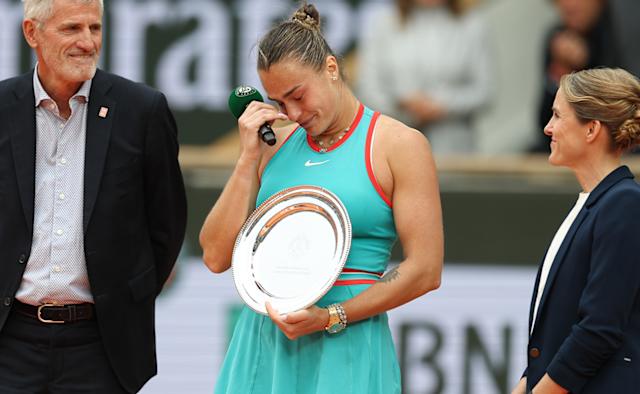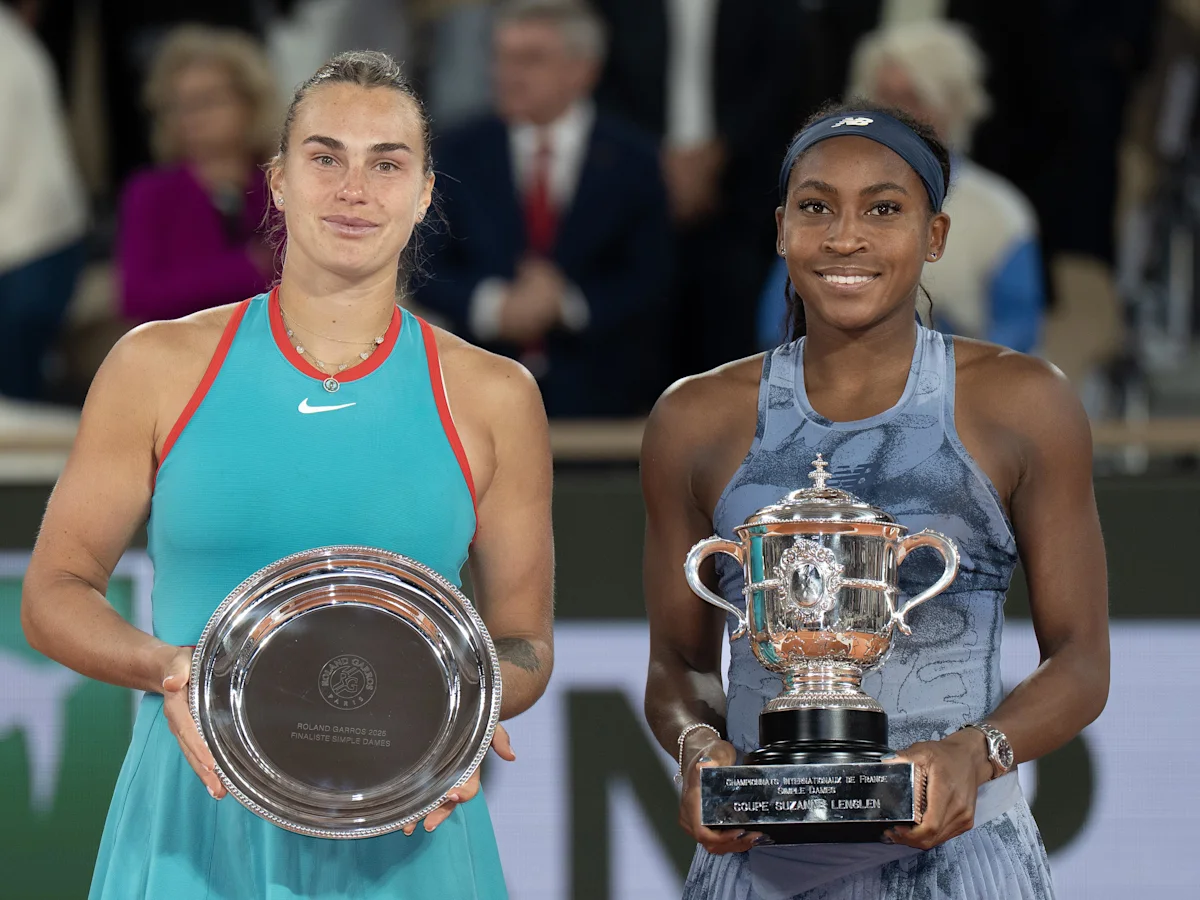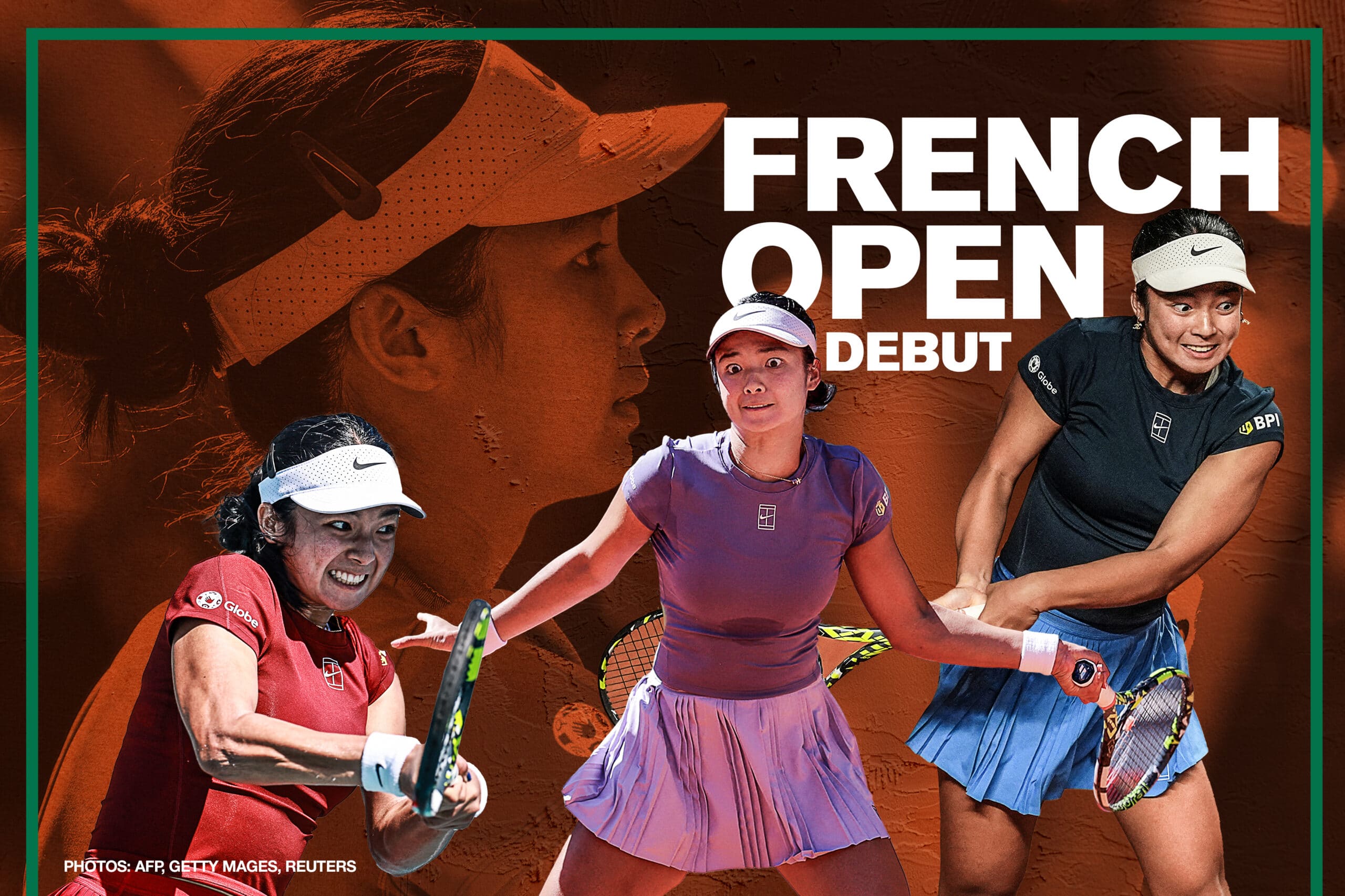In the high-stakes world of professional tennis, emotions often run as high as the stakes themselves. This week, Aryna Sabalenka—one of the WTA Tour’s most fearless competitors—found herself at the heart of a media firestorm following her post-match comments after a tightly contested loss to American star Coco Gauff. What began as a moment of frustration quickly ballooned into widespread scrutiny. But in a move that’s only added more layers to her public image, Sabalenka has now stepped forward with a public statement that addresses the controversy head-on.
This is more than just damage control. It’s a compelling look at how a top-tier athlete navigates pressure, emotion, and public perception in real time.
🎾 The Match That Sparked It All
In what was billed as a heavyweight showdown between two of the most exciting figures in women’s tennis, Aryna Sabalenka and Coco Gauff met in a dramatic quarterfinal encounter that drew millions of viewers and sparked social media chatter before, during, and after the final point. The match lived up to expectations: booming serves, intense rallies, and moments of pure brilliance from both players.
Ultimately, it was Gauff who emerged victorious after three high-octane sets, edging Sabalenka in a tiebreaker that had fans on the edge of their seats. But what happened next became the real story.
🗣️ Sabalenka’s Post-Match Remarks: Honest or Harmful?
In the post-match press conference, Sabalenka—known for her fiery intensity and emotional transparency—made a series of remarks that some interpreted as undermining Gauff’s performance. While she congratulated her opponent, she also noted, “It felt like I lost this match more than she won it,” and alluded to feeling “unlucky” and “disappointed by how some points played out.”
The comments, although not overtly hostile, were seized upon by media outlets and social platforms alike. Critics called her words “unsportsmanlike” and “bitter,” accusing her of diminishing Gauff’s victory. Fans of Gauff—who has often been viewed as a symbol of grace and rising talent—were especially vocal in defending their favorite.
What had initially seemed like a moment of unfiltered honesty from a frustrated competitor turned into a headline-grabbing controversy.

🔥 The Backlash Builds
Within 24 hours, the tennis world was ablaze. #SabalenkaBacklash began trending across platforms. Former players, analysts, and fans weighed in, with many split on whether her words were justified or over the line.
Some argued that Sabalenka was simply speaking from the heart, echoing the real emotions any elite athlete would feel after such a narrow loss. Others contended that her comments detracted from the respect due to Gauff, who had clearly earned the win.
The moment highlighted a deeper issue in sports discourse: how female athletes are often judged for showing emotion—too much, not enough, or in the “wrong” direction.
📜 The Public Statement: A Turn Toward Accountability
Just two days later, Sabalenka issued a statement through her management team and later posted a video on her personal social media platforms.
Her message began with a tone of humility:
“After taking time to reflect, I want to apologize if my words after the match came across as dismissive or disrespectful toward Coco. That was never my intention.”
She went on to elaborate:
“In the heat of competition, especially after such a tough loss, emotions run high. I’ve always tried to be honest about how I feel—both the highs and the lows. But I also understand the importance of giving credit where it’s due. Coco played incredibly well. She fought hard and earned her victory. I respect her, and I respect the game.”
The statement struck a balance between personal vulnerability and public responsibility. It didn’t feel scripted or sanitized—it felt like Sabalenka, raw and real.
💬 Reactions to the Statement
Responses to Sabalenka’s statement were swift—and notably more understanding. Many fans appreciated her willingness to speak directly, acknowledge the impact of her words, and give Gauff the recognition she deserves.
A comment on her Instagram post read:
“This is what sportsmanship looks like—owning the moment and moving forward.”
Others pointed out that this kind of dialogue, while uncomfortable, is essential for growth—not just for athletes but for the culture of sports as a whole.
Still, there were some who remained critical, questioning why the original comments were made in the first place. But even among skeptics, there was a sense that Sabalenka’s transparency had restored a degree of trust and goodwill.
🌍 Why This Moment Matters
This controversy—and its resolution—reveals the complexity of being a global sports figure in the digital age. Every match, every word, every gesture is instantly recorded, scrutinized, and amplified. There is no off-season for public perception.
But Sabalenka’s response illustrates a maturing athlete who is learning, evolving, and willing to confront the difficult aspects of fame and competition. In a world that often demands perfection from its heroes, her willingness to admit imperfection is refreshing.
For young athletes, especially women, this episode offers a powerful lesson: You can be emotional, competitive, and vulnerable—and still be respected.
🤝 The Gauff Factor: A Rivalry with Mutual Respect
Despite the initial tension, the relationship between Sabalenka and Gauff seems far from adversarial. In fact, their growing rivalry has produced some of the best matches in recent memory. Both athletes play with heart, power, and grit, and their contrast in styles makes for compelling drama.
In a post-match interview of her own, Gauff kept things classy:
“Aryna is a great competitor. I know how hard these matches can be emotionally. I’ve said things I regret, too. We all have.”
That grace extended by Gauff may well have influenced Sabalenka’s decision to issue a statement—a recognition of the respect that exists beneath the surface.
🏆 What’s Next for Sabalenka?
With the dust settling, Aryna Sabalenka now turns her attention to the next leg of the tennis season. If anything, this moment could serve as a rallying point—a moment of growth that fuels her hunger for future titles.
Historically, Sabalenka has shown remarkable resilience. She bounces back. She channels pressure into performance. And if her past is any indication, she’s more likely to come back sharper and more focused than ever.
Her fans will be watching not only how she plays but how she continues to shape her narrative off the court. Because being a top athlete today is about more than trophies—it’s about the total story.
❤️ The Social Dimension: Where Fans Meet Their Heroes
Sabalenka’s candid engagement with fans after the backlash marks a growing trend in modern sports. Athletes no longer hide behind PR walls. They speak, stumble, and stand tall—often in real-time, directly to their supporters.
Social media is no longer just a place for highlight reels and sponsorships. It’s a stage for accountability, growth, and connection. Sabalenka used that stage wisely, turning a moment of conflict into a moment of humanity.

Her willingness to address the issue, apologize sincerely, and move forward—while praising her opponent—sets a tone for the kind of leadership that transcends the tennis court.
📝 Final Thoughts
Aryna Sabalenka’s public statement after her defeat to Coco Gauff is more than a media correction—it’s a snapshot of a young woman finding her voice in the spotlight. It’s a moment that reminds us all that athletes, like the rest of us, are navigating personal emotions, professional expectations, and public scrutiny in equal measure.
She may have lost the match, but she won something greater: the opportunity to grow, to own her words, and to move forward with grace.
And for tennis fans around the world, that’s the kind of comeback story worth rooting for.


